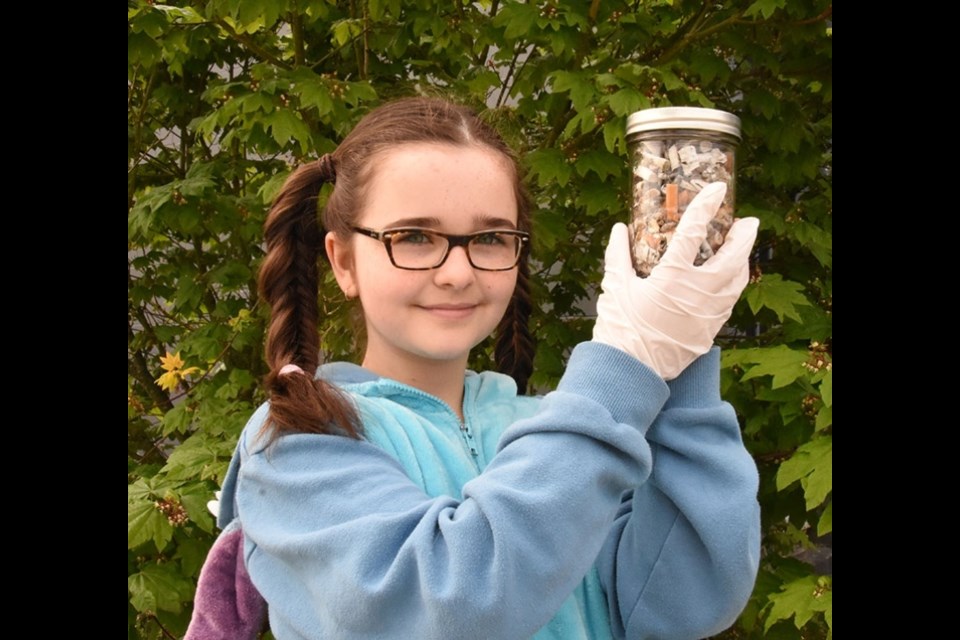After a year highlighted by youth climate strikes and climate change worries, fish kills and the destruction of several bears, Tri-City residents will be looking for some positive change on the environmental front.
Admittedly, there are a lot of anxieties for people concerned about the environment.
Blessed by forests, creeks and the Coquitlam River, Coquitlam, Port Coquitlam and Port Moody residents have an intense interest in environmental sustainability.
Here’s what’s on the Tri-City News’ radar for 2020.
BEAR ISSUES
Dozens of bears were killed in 2020 but will efforts to crack down on attractants result in a quieter year in 2020?
Many readers were taken aback by the number of bears which were destroyed in 2019 — 31 — including six bears that were killed in one week in Port Coquitlam.
New for 2020 will be tougher rules and more effort to make the Tri-Cities Bear Smart.
For example, Port Moody residents will face much higher fines for violating the solid waste bylaw — $500 up from $50 for a first offence — the same as what Coquitlam is charging. PoMo is also looking to become a Bear Smart community, putting in changes to address bear issues, while Port Coquitlam is looking into the matter after being requested to do so by the BC Conservation Officer Service.
Meanwhile, Port Coquitlam will hand out more bear resistant locks and to continue to monitor the situation.
Coquitlam is already a Bear Smart community with a robust education program and high fines for garbage infractions, but many blame development on Burke Mountain for the Tri-City bear problem.
SALMON CONCERNS
The state of the local salmon population will be in the news in 2020 after a dismal year for chum salmon returns.
In Coquitlam, the Hoy Scott Watershed Society will continue to educate people to not dump toxic materials down storm sewers after a mysterious substance killed thousands of salmon fry in 2019.
Port Coquitlam, meanwhile, will be watching creeks very closely after someone dumped paint and other waste down a storm drain, which ended up in Hyde Creek.
The homeowner and painter were each fined $500 for washing paint down the drain.
Some good news may be on the horizon, too, after the federal and provincial governments launched a program to protect wild salmon habitat.
The B.C. Salmon Restoration and Innovation Fund worth $142.8 million will be open to conservation, Indigenous and research groups for projects aimed at protecting and restoring wild salmon stocks.
PLASTIC BAN
As the federal government looks to ban single-use plastics, one local environmentalists hopes cigarette butts will be part of the initiative.
More than 1,000 people have signed Aniela Guzikowski’s petition to include plastic cigarette filters in the 2021 single use plastics ban.
BEAVERS
Habitat improvements in Port Moody creeks has resulted in beavers making their way back to the city.
In 2020, Port Moody will continue to roll out its beaver management plan that will protect what could be as many as five beavers in Suter Brook Creek.
Among the improvements are protection for trees and flooding and a fish ladder to help spawning salmon get over the beaver dam.
CLIMATE EMERGENCY
Climate change will continue to dominate municipal, provincial and federal agendas as governments look to adapt to change and reduce greenhouse gasses (GHGs).
Coquitlam is developing an environmental strategic plan, while Port Moody is developing a Climate Action Plan and all three cities have been asked to upgrade greenhouse gas targets to match the Intergovernmental Panel on Climate Change (IPCC).
The IPCC’s 2018 report says emissions must be cut by 45% from 2010 levels by 2030 and reach net zero by 2050 in order to avoid severe climate change impacts.
Those concerned about the local environmental scene will also welcome the news that the Coquitlam River Watershed Roundtable has a new coordinator, Sharee Dubowits, and three years of stable funding to work on projects such as invasive species, water extraction and storm water management to keep the Coquitlam River healthy.



